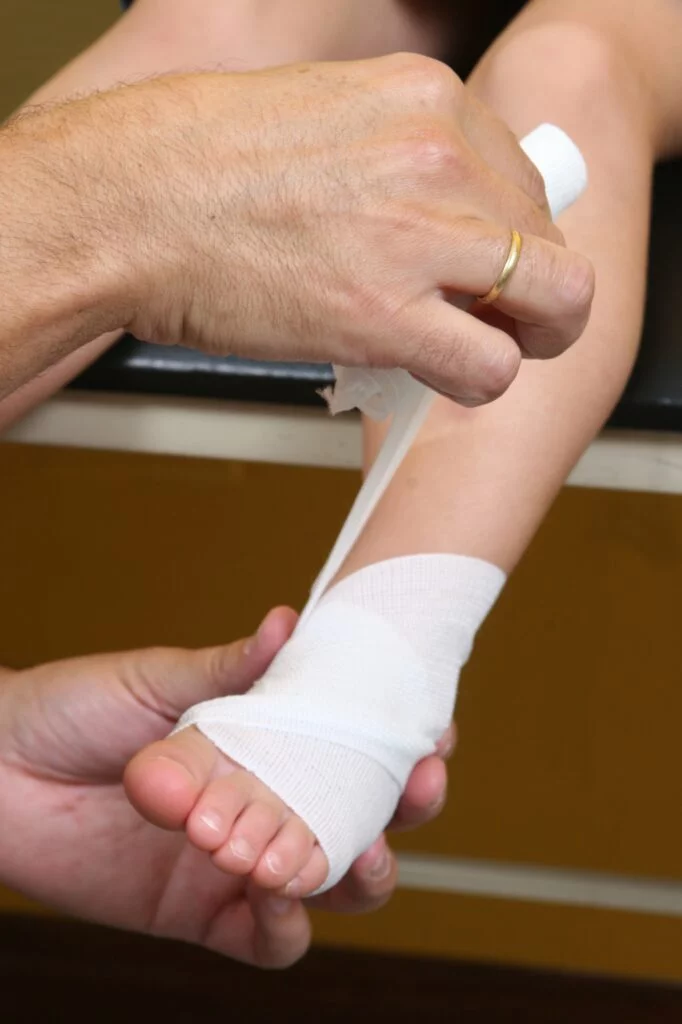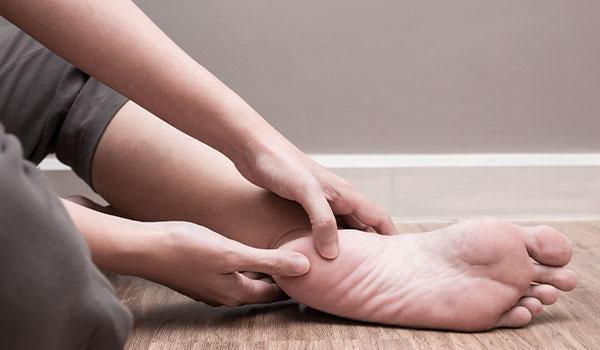It’s estimated that as many as 1 in 10 men and women develop plantar fasciitis at some point in life. Because plantar fasciitis is known for causing debilitating pain with each step, the team of skilled podiatrists at The Foot Doctors of Santa Cruz County offers several pain-relieving treatments. See what the team can do for you by scheduling an evaluation at the Watsonville or Santa Cruz, California, locations. Book online, or call your closest clinic.
Plantar Fasciitis Q & A
What causes plantar fasciitis?
The leading cause of heel pain, plantar fasciitis stems from inflammation of your plantar fascia. This long band of tissue connects your heel to your toes and can easily become irritated due to:
- Jumping activities or exercises
- Running long distances
- Overpronation
- Being flat-footed
- Being overweight or obese
- Standing on your feet all day at work
While plantar fasciitis can affect anyone of any age – both men and women – it most commonly occurs between the ages of 40-60.
How do I know if I have plantar fasciitis?
If you have plantar fasciitis, you’re probably going to feel stabbing pain in the bottom of your foot, particularly near your heel. But pain is worse right when you wake up, or as soon as you stand up after a long period of sitting.
Plantar fasciitis sufferers also report that pain and discomfort are usually worse shortly after exercise, rather than during physical activity. Flare-ups can certainly occur at any time, though.
Is there treatment for plantar fasciitis?
Absolutely! The specialized podiatry team at The Foot Doctors of Santa Cruz County offers several plantar fasciitis treatments, so you can recover from an acute inflammation and get right back into your regular activities. Some of the most effective plantar fasciitis solutions include:
- Anti-inflammatory or pain medication
- Night splints or custom orthotics
- Physical therapy and daily stretching
- Cortisone injections
- Extracorporeal shock wave therapy (ESWT)
In most cases, these conservative therapies start improving your pain level in a minimal amount of time. If your plantar fasciitis is getting worse and you’re just not getting relief from your treatment plan, your podiatrist might talk with you about surgery.
Plantar fasciitis surgery involves detaching your plantar fascia from your heel bone. Because this procedure could lead to a weakened arch, it’s almost always a last resort. If you do need plantar fasciitis surgery, though, the team of expert foot and ankle surgeons at The Foot Doctors of Santa Cruz County uses the most advanced minimally invasive procedures, so you can expect a short recovery period.
Get started on your custom plantar fasciitis treatment right away at The Foot Doctors of Santa Cruz County. Schedule your appointment online or over the phone.


